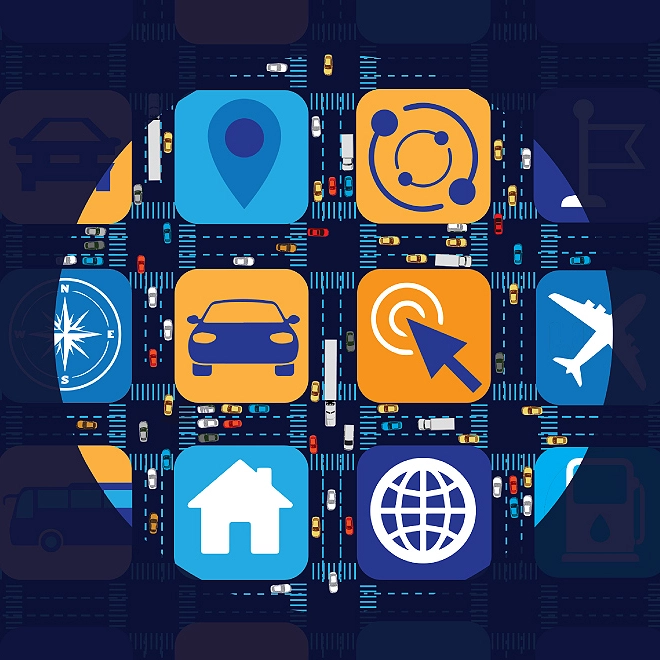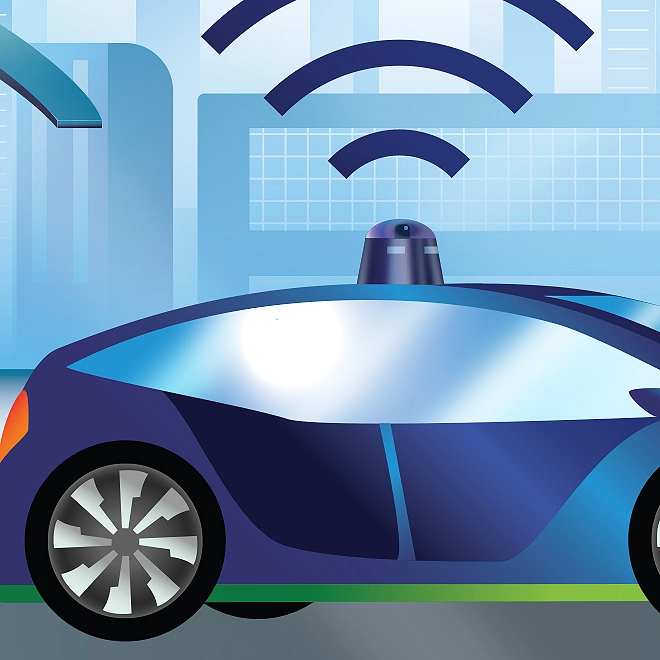The road logistics industry in India
On the cusp of transformation
Emerging tech-driven disruption paves the way to value-creation in the Indian road logistics ecosystem. Incumbents will need to accelerate innovation to remain relevant.
INDIA’S logistics market is worth as much as US$ 160 billion, and road logistics is a majority player in it.1 Yet most road logistics participants—truckers, transporters, retailers and mechanics—complain of an inherent trust deficit, possibly because of the opaque network of middlemen and small operators. As a result, the industry faces acute inefficiencies—fragmented ownership, demand and supply mismatch, low utilization, low pricing, low returns and low wages. High broker commissions and a lack of transparency don’t help either. That said, India’s road logistics industry seems ripe for consolidation through digital transformation.
Enter startups and new ecosystems
A host of road logistics startups are taking on the challenge of managing inefficiencies by trying to organise this largely unorganised sector. They’re doing so by leveraging technology—and data. In the process, they’re carving new channels, meeting existing needs and uncovering new opportunities. Investors too are paying attention, investing across three key areas—long-haul transport, short-haul delivery and logistics software solutions. In 2018 alone, freight trucking startups raised as much as US$ 140 million, a big leap from a mere US$ 2 million in 2014.2
Winning in road logistics is, however, a complex task—demand for a particular truck is not fungible, and truckers do not get paid fully on completion of a trip, which exposes them to working capital risk. Our analysis reveals the emergence of three models that address core business problems. Interestingly, all three hinge on a mix of asset ownership and working capital risk (figure 1).
While the startups are solving problems for the core business via digital freight-matching at the right price, they are also opening new channels. For example, value-added service platforms are emerging either as standalones or as part of the freight-matching marketplaces. They have access to data that gives deep insights on vehicle use, maintenance patterns and even driver behaviour. All this has given rise to new ecosystems, which will likely allow truckers more freedom to operate on new routes and emerge as a one-stop source for all their needs.

Innovation to the rescue
As technology opens new pathways to success, incumbents are left exposed to the risk of annihilation. They’ve to scale on the digital maturity curve by building or/and buying technology that works for them. However, preparing for innovation requires a different approach; piecemeal improvements to existing technology are not lasting solutions. Our research reveals that successful innovators use multiple levers across the value chain to arrive at compelling propositions. Several innovation frameworks can be leveraged by incumbents to understand where they stand in terms of commitment to innovation.
We recommend incumbent companies should:
- foster a portfolio mindset for innovation
- include investments that proactively create value in growth areas that are new to them
- use multiple types of innovation (not just new products) to create new experiences and businesses.
Read the full report A time of reckoning: Road logistics in India that offers a deeper dive into the industry’s woes, how startups are creating new ecosystems and what incumbents can do to remain relevant in their new reality.
Innovation — Doblin, a Deloitte business
Doblin, Deloitte’s innovation consulting practice, is focused on solving complex problems through a rigorous, interdisciplinary approach. The people at Doblin bring together diverse points of view to discover new opportunities and create real change. Our close-knit team taps into deep industry experience and innovation acumen to collaboratively tackle complex problems. Working closely with clients, we ignite effective transformation rooted in real human needs and ambitious business goals.
Learn more
